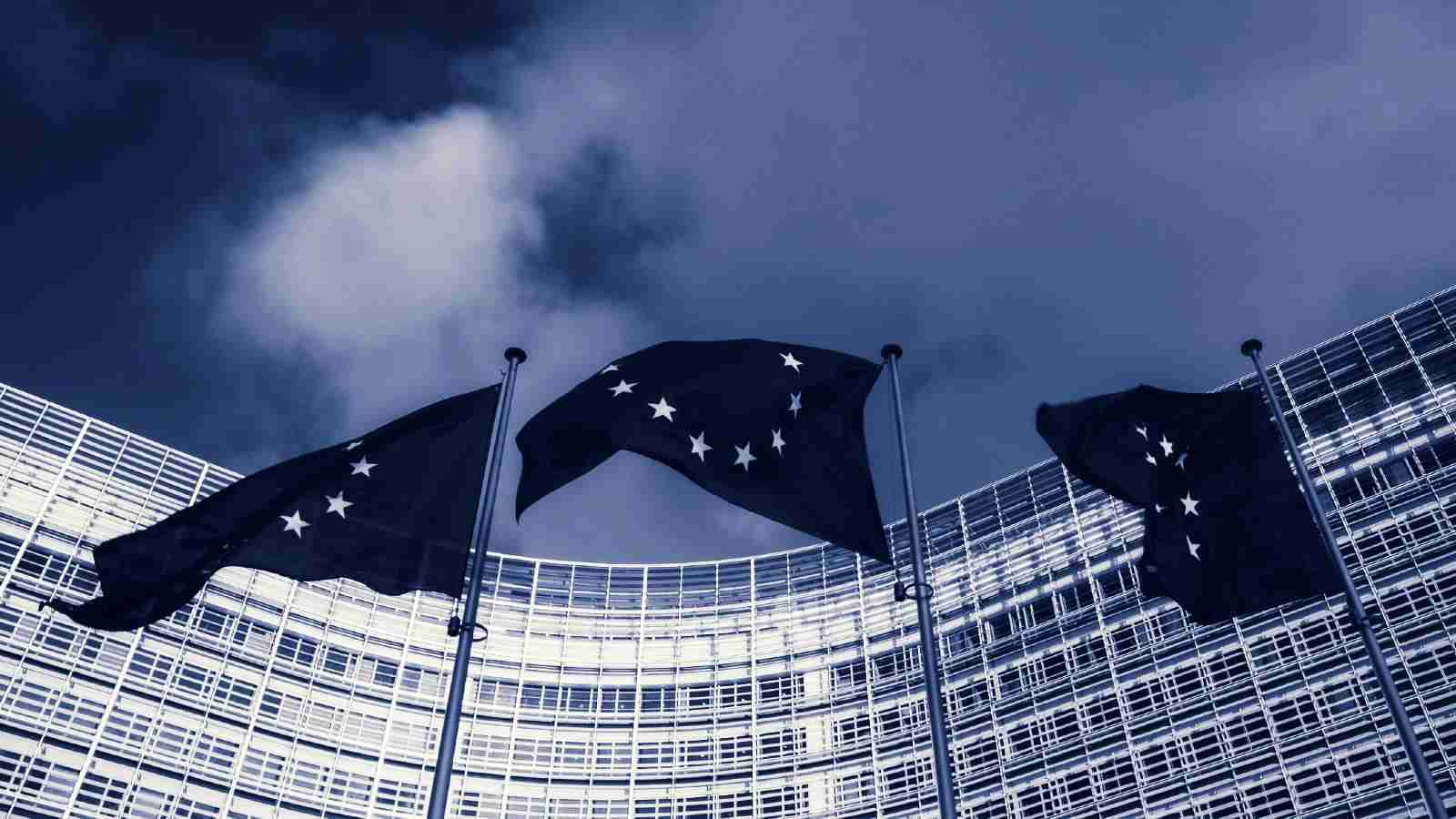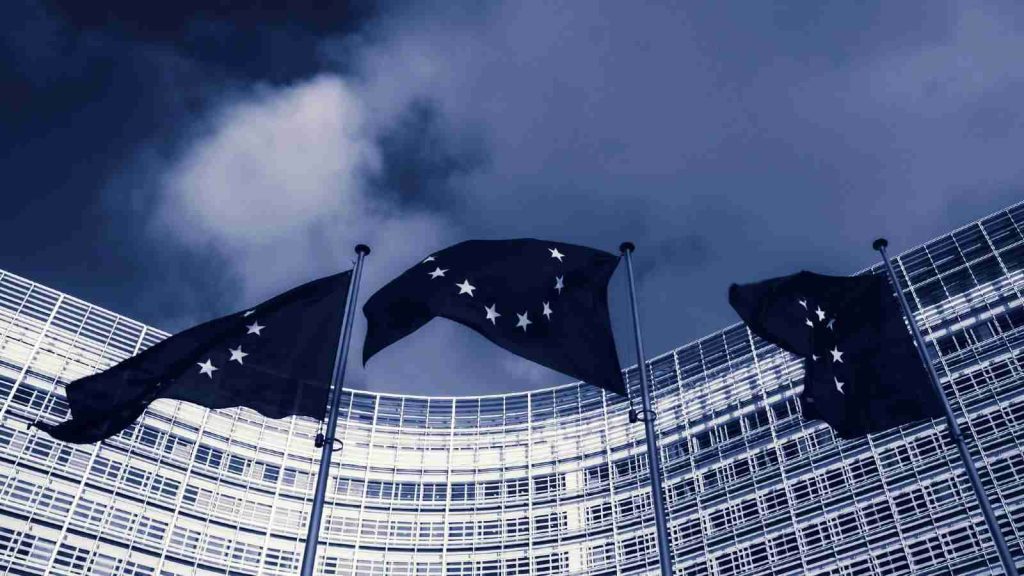KEEP IN TOUCH
Subscribe to our mailing list to get free tips on Data Protection and Cybersecurity updates weekly!







The European Union is drafting legislation that could soon end individuals registering domains anonymously on the continent.
When an Internet domain is registered, a registrar will collect information such as the purchaser’s name, address, email, and phone number. However, this information is not verified to be accurate and could contain false information.
The EU’s new directive will add new provisions regarding how domain registrars collect information from registrants and who will have access to said information.
More specifically, registrants of new domains will be required to provide a valid telephone number belonging to them, while their full name, email, and physical address will have to be verified too.
Also Read: Top 10 Data Protection Cases That You Must Know About
At this time, registrants are only required to provide a name and address, but no verification bodies check these to approve or disprove the new domain ownership.
“In order to ensure the availability of accurate, verified and complete domain name registration data, TLD registries and entities providing domain name registration services should be required to collect domain name registration data. They should aim to ensure the integrity and availability of such data by implementing technical and organisational measures, such as a confirmation process for registrants,” reads an amendment in a draft of the new EU legislation.
“In particular, TLD registries and entities providing domain name registration services should establish policies and procedures for the collection and maintenance of accurate, verified and complete registration data, as well as for the prevention and correction of inaccurate registration data.”
The Internet Corporation for Assigned Names and Numbers (ICANN) has taken a clear stance in favor of the new directive along with various copyright holder representatives and organizations.
The problem that these entities see with anonymous domains is that they are often used for illegal activities such as distributing malware, the unlicensed dissemination of copyright-protected works, and more.
As long as the owners and operators of these platforms remain anonymous, they are free from law enforcement disruption.
Even if the domains are reported and taken offline by the registrars, the owners can hop to a new one and start over.
Also Read: Unbelievable Facts About NRIC Check Digit Algorithm
However, banning all anonymous domain registrations isn’t without consequences to a desirable free circulation of information on the Internet.
As MEP Patrick Breyer (Pirate Party) warns, the new directive threatens the safety of activists and whistleblowers by ending their anonymity, which is, in essence, the only layer of protection they have.
“This indiscriminate identification policy for domain holders is a big step towards abolishing anonymous publications and leaks on the Internet.
This policy endangers website operators, because only anonymity effectively protects against data theft and loss, stalking and identity theft, doxxing, and ‘death lists’.
The right to anonymity online is particularly indispensable for women, children, minorities and vulnerable persons, victims of abuse and stalking, for example. Whistleblowers and press informants, political activists and people in need of counselling, fall silent without the protection of anonymity.” – MEP Patrick Breyer.
Germany’s top-level domain (.de) registry DENIC also expressed concerns about the new directive.
In feedback to legislators, DENIC welcomes proposals for enhancing cybersecurity across the EU but feels that new requirements on collecting registration data will not necessarily provide increased DNS security or prevent abuse.
“We would also like to point out that identification of the registrant does not provide information about the entity exercising actual technical control over the delegated namespace and even less so about entities providing content or services within that namespace.” – DENIC.
The lead industry committee will adopt its position later this month, and negotiations with the EU Council will follow soon after.
The controversial provision may be removed, but the law passes in its current form, it may force those who seek anonymity online to host their websites on the dark web.